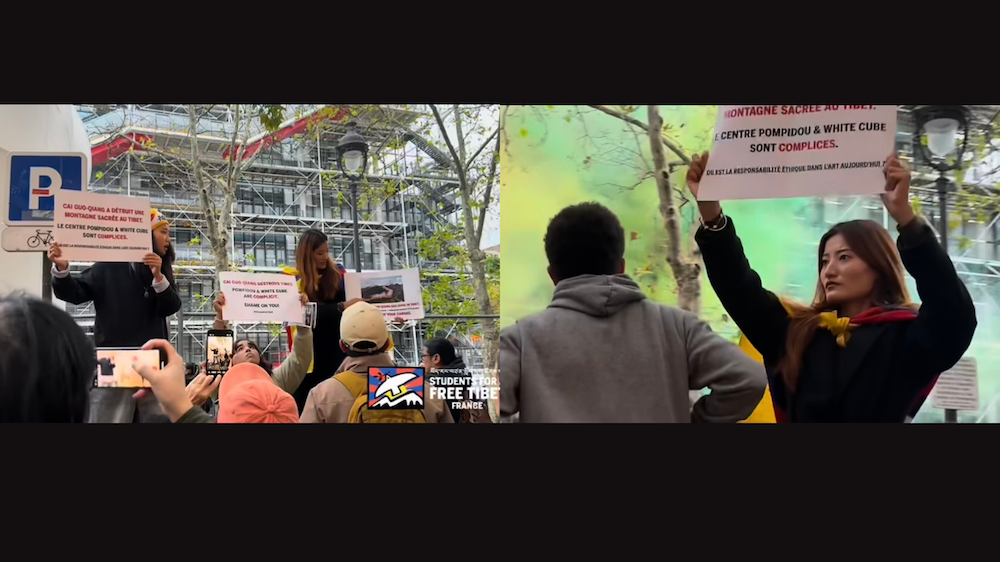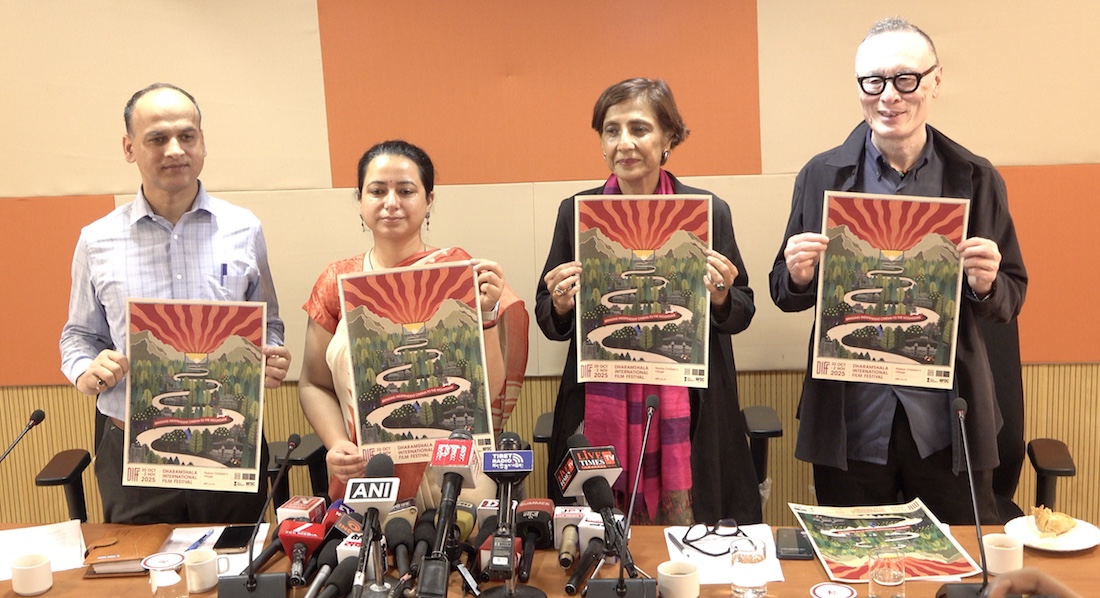Dharamsala, December 18 – Nestled in this scenic hill resort in northern India, the younger generation of Tibetans do not hide their anger with their spiritual leader Dalai Lama for refusing to break away from China.
Activists of the Tibetan Youth Congress (TYC) say they are unhappy with the Noble Peace Prize winner for agreeing publicly to give up the demand for independence for the sake of autonomy within China.
Many Tibetans who do not belong to the generation of the ageing Dalai Lama say they will never be satisfied with anything less than total freedom.
“The TYC is there to guide the struggle for independence of Tibet even after the Dalai Lama is no more,” asserted a defiant Kalsang Phuntsok Godrukpa, president of the organization, from the headquarters of the Tibetan government-in-exile in the Indian state of Himachal Pradesh.
Rarely has such militancy been displayed in public in a region where the spiritual leader is regarded and worshipped as a living god. TYC workers say they are ready to go to any length to make their struggle more “effective”.
TYC leaders are already meeting their counterparts from the Vishwa Hindu Parishad (VHP), which refuses to accept Chinese suzerainty over Tibet although New Delhi’s official stand is that Tibet is an autonomous region of China.
Some disgruntled young Tibetans, who simply cannot accept Chinese communism, say angrily that they don’t mind taking help even from Al Qaida.
The middle-path approach advocated by the Dalai Lama, who fled to India with his followers in 1959, simply has no takers among the Tibetan youths born and brought up outside their homeland.
The Dalai Lama presides over a government-in-exile here that is not recognised by any country. But the Dalai Lama is a highly revered figure and frequently travels abroad meeting world leaders, much to China’s dismay.
This, however, does not satisfy the younger Tibetans, who are worried about the future of a struggle that once had the Chinese worried.
TYC chief Godrukpa admits differences with the Tibetan leadership over the issue of independence.
Godrukpa says the Chinese are not willing to give even autonomy to Tibet and all attempts by the Dalai Lama for reconciliation had proved futile in the last 45 years.
There have been concerns about the ill health of the Tibetan spiritual and temporal health since last year. He was then admitted to the Leelawati Hospital in Mumbai for treatment of suspected heart ailment.
Indian intelligence sources say the TYC has become more open in its defiance of the mainstream Tibetan leadership and is charting its own course.
They referred to what they claimed was a “hidden agenda” of the TYC, including guerrilla warfare inside Tibet.
The TYC is believed to be contacting retired officers of Establishment-22, an outfit of Tibetans raised by the Indian Army after the 1962 war with China, to train Tibetan youths in insurgency operations.
TYC and other Tibetan non-governmental organisations like Tibetan Freedom Movement are at variance with the exiled government’s stand on independence. They want China ousted from their motherland.
Over 150,000 Tibetans live in exile all over the world, including nearly 120,000 in Tibetan settlements in India.
A section of young Tibetans, led by Lobsang Wangyal, has been organising a Miss Tibet Pageant for the last two years.
The government-in-exile does not recognise the show. Yet the organisers feel that this is a mode to highlight Tibet’s freedom cause.
TYC office bearers who used to earlier join the exiled government as officials do not do so now.
“We want to change the face of TYC and how it functions,” Godrukpa told IANS.









